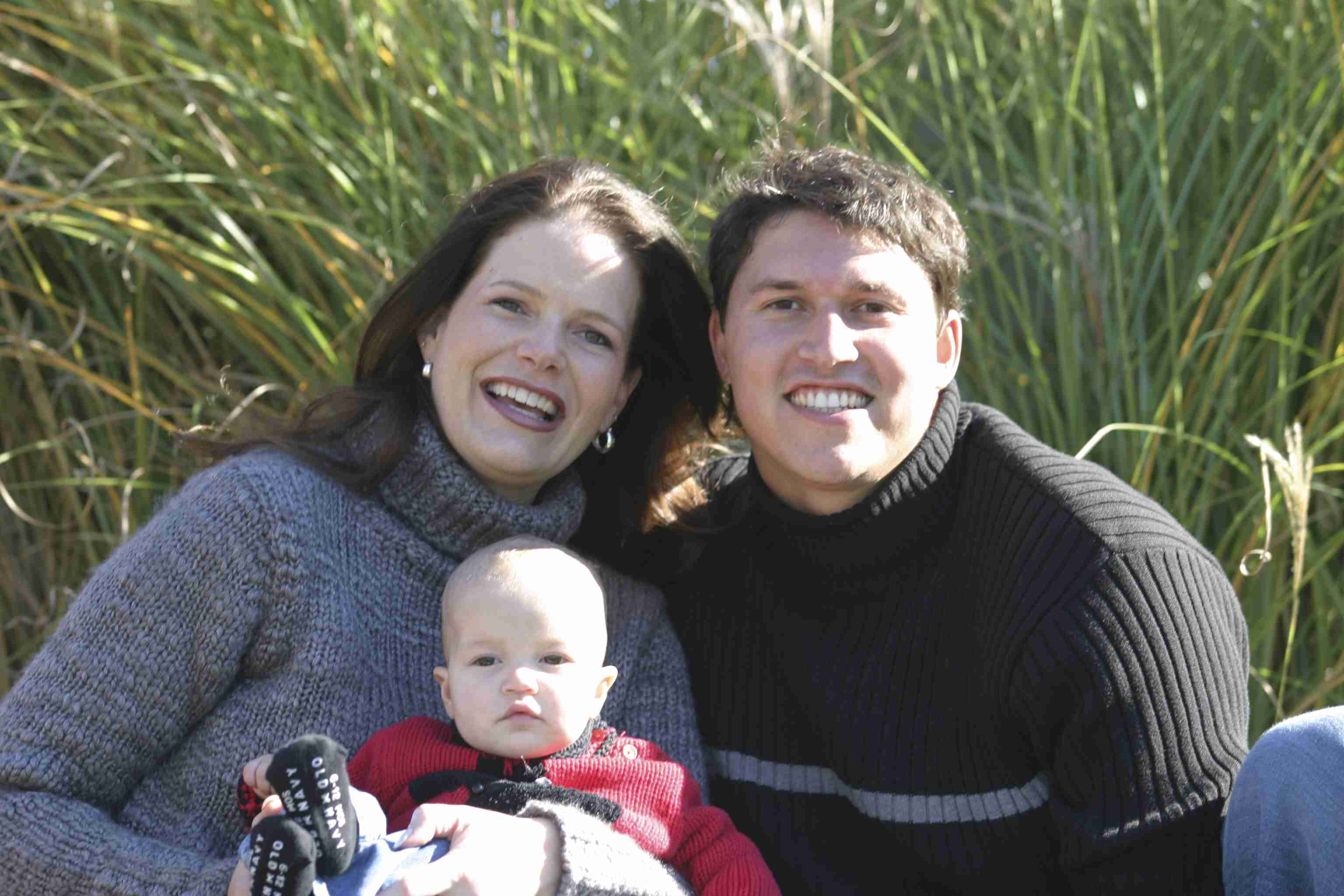According to the just-released results of a CNN’s Money Magazine “scientific study” of the “Best 100 Places to Live,” America’s number one most livable city is… Plymouth, Minnesota.
Rounding out the top ten are:
2. Fort Collins, CO
3. Naperville, IL
4. Irvine, CA
5. Franklin Township, NJ
6. Norman, OK
7. Round Rock, TX
8. Columbia/Ellicott City, MD
9. Overland Park, KS
10. Fishers, IN

Residents of Fisher, IN, living the 10th best life.
It’s hard to know what to say to those findings, but to quote the article’s first reader comment: “R U Kidding? LMAO.” Which isn’t to detract from Plymouth. I’ve been there, and it’s a very nice. There’s a Barnes & Noble and a lake. But something about a “scientific study” on the best places to live coming up with places like Plymouth and Norman, Oklahoma makes me think science is either joking or has no idea how to live.
It’s a charge often leveled against science by fields like urban studies – that numbers can give us dry analytics but can’t understand the feel or meaning of a place – but the methodology here looks legit: indices of affordability, health, employment and educational opportunities, “walkability” and environmental conditions are calculated. Looking at the data, the cities do look like very nice places to live. There is, of course, no accounting for culture or fun or intellectual stimulation in the study, but those are things that we don’t really want science quantifying anyway.
What the study calls “small cities” are the winners here (the largest city on the list has a population of around a quarter million, while the average population looks to be around 100,000). It’s unclear whether large metropolises were even considered, but it’s easy to see how they would lose out when you look through the study’s list of criteria (namely taxes, affordability and crime). They do however pop up from time to time in the descriptions of the winning towns, as suburbs are celebrated for providing access to the benefits of big cities. Here is the description of No. 58, Washington, New Jersey:
Sounds great. It’s definitely an un-scientific request, but I wonder if we can ever figure out a way to use data to give credence to living among the benefits of these cities – benefits that descriptions like the above indicate are clearly understood — and come up with a list of the best places to live that is somewhat less LMAO-worthy. Perhaps that requires cities to become more affordable again, or perhaps that requires coming up with new systems of measurement.
Just 20 minutes south of Philadelphia, Washington is a perfect example of a small city with big-city benefits.
With the massive New Jersey Turnpike just minutes away, the township is a commuter’s haven. Still, real estate is reasonably priced.
In the mean time, I’ll be in Plymouth, living the good life.







